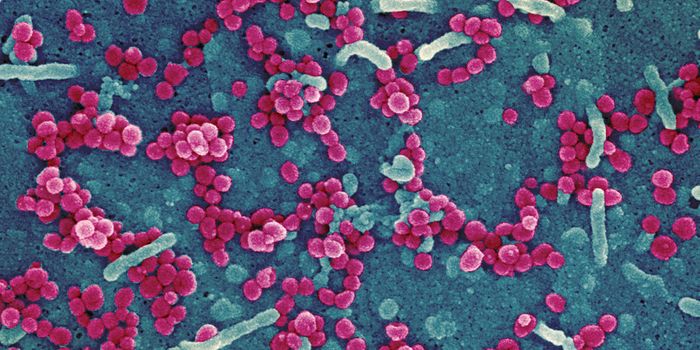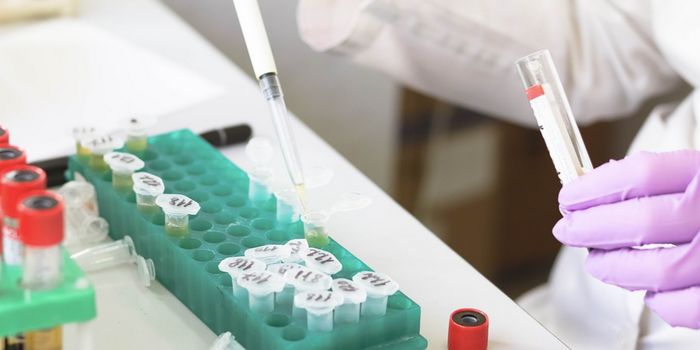Vaping Increases Oral Disease Risk After Only a Few Months
E-cigarettes have emerged as a healthier alternative to smoking, but many studies have suggested that vaping still poses serious health risks. New research has assessed how vaping impacts the bacteria in users mouths and has found that vapers have oral microbial communities or microbiomes that resemble what's seen in the mouths of non-smokers with periodontal disease, even though they did not have oral disease. Vaping was linked to gut microbes that raise the risk of cancer and gum disease, among other problems. The effects were observed whether or not nicotine was in the vapor, suggesting that heated and pressurized liquids found in e-cigarettes may be to blame. The findings have been reported in Science Advances.
"Vaping is such a big assault on the oral environment, and the change happens dramatically and over a short period of time," said the senior study author Purnima Kumar, professor of periodontology at The Ohio State University.
In this study, plaque samples were collected from the gums of volunteers: the group of 123 people had no sign of oral disease, and included 25 smokers, 20 vapers, 25 former smokers now using vapes, 28 people that smoked cigarettes and vapes, and 25 nonsmokers. Deep sequencing was performed to identify the strains of gut microbes that were present in the samples.
Only three to twelve months of vaping caused changes in the mouth and the study participants that had been longtime smokers had oral profiles that were even more indicative of damage. Kumar suggested that vaping cannot reduce the damage caused by smoking.
"If you stop smoking and start vaping instead, you don't move back toward a healthy bacterial profile but shift up to the vaping profile," she explained. "Knowing the vaping profile is pathogen-rich, you're not doing yourself any favors by using vaping to quit smoking."
Bacteria that sit below the gums can protect against disease and are less likely to be disrupted by influences like food, toothpaste, and smoke.
The researchers found that even people aged 21 to 35 who never smoked and had only been vaping or four months to a year showed signs of stress in their oral microbiomes. Genes had been activated in the microbes that help create a slimy layer around the germs. While biofilms are not unusual, these were more like invaders and could trigger a damaging inflammatory response. This increases the likelihood of disease, noted Kumar.
"The reason we're all healthy is because our immune system has recognized these bacteria and their functions since birth and has established a sense of harmony," Kumar said. "The problem is when you throw a curveball with an environmental shift like this, your immune system doesn't recognize the bacteria as friends anymore. You have to call the police on them, and that causes a huge inflammatory response."
Instead of finding healthier profiles in people who switched to vaping from smoking, the researchers saw that it had only taken on different kinds of negative characteristics. "And if you smoked and vaped at the same time, which of these two effects overwhelms your system? It was vape," Kumar said.
The longer the vaping went on, the worse the oral profile became.
The researchers took their work a step further, validating their results in a fake mouth model. The model was exposed to various aerosols, which had a similar effect as that was seen in human mouths. An aerosol in e-cigarettes made of glycerol and glycol was a source of nutrition for the oral bacteria and changed the oral microbiome.
"To mimic a smoking effect, the glycerol-glycol combination holds the nicotine to your throat to give you that sensation of a nicotine hit, and it produces a giant vapor cloud. It's a very essential component of vaping," Kumar said. "I'm not saying nicotine is good for you. But even without the nicotine, vaping has a pretty large impact on the bacterial communities our bodies have regarded as friends."
Learn more about the oral microbiome from the video.
Sources: AAAS/Eurekalert! via Ohio State University, Science Advances









